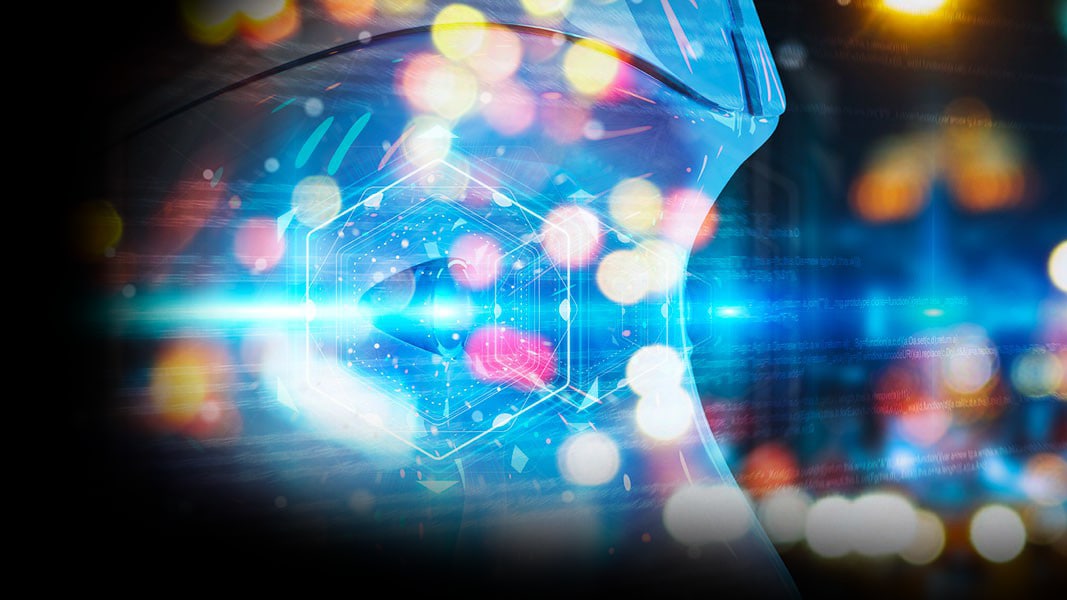Digital trends - survey highlights and key findings
The objective of the survey was to understand the adoption of digital solutions in maintenance and asset management beyond predictive maintenance. It investigated five digital trends: predictive maintenance 4.0, mobile maintenance, augmented reality, digital twin, and 3D printing. It also assessed digitalisation awareness and critical success factors.
250 companies in Belgium, Germany, The Netherlands, Norway, and South Africa participated in the survey. Responses from 127 companies in industries such as heavy process, discrete manufacturing, infrastructure and fleet, food and pharmaceuticals, and service providers were analysed. Insights into digital solution adoption and its relation to maintenance and asset management were collected.
Key findings in Northwest Europe revealed that while interest in digital solutions is growing, implementation levels are still relatively low. 44% of surveyed companies are planning to start or in the pilot phase for predictive maintenance, while 41% are working on mobile maintenance.
Implementation levels for other digital trends such as augmented reality, digital twin, and 3D printing are lower, with only 20% of companies working on or planning implementation.
The survey also highlighted that service providers are taking the lead in digitalisation, as they have the potential to create new business models with digital solutions. However, there is still a need for companies to understand the benefits of digitalisation and create employee commitment to drive successful implementation.
A digital transformation roadmap for success
To guide companies in their digital transformation journey, PwC and Mainnovation developed a six-step digitalisation roadmap for M&AM.

The influence of AI and the future of maintenance
AI is playing an increasingly important role in enhancing maintenance and asset management. There are different forms of AI, including artificial intelligence, machine learning, and deep learning. These forms enable systems to sense, decide, act, and offer general-purpose intelligence to achieve specific goals. AI also includes specialised algorithms that excel in generating new content across text, visuals, and more.
PwC has implemented AI in various maintenance use cases. Here are three case studies that highlight the transformative power of AI in maintenance to help build trust and obtain sustained outcomes.
Kion Group
Virtual assistant support
A mobile application that integrates a conversational AI assistant was developed to support maintenance technicians by providing real-time guidance through user-friendly speech and text-based chatbot capabilities thus streamlining maintenance job execution, improving documentation, and enhancing information retrieval.
Airbus
Workflow management using predictive models
PwC deployed predictive models at Airbus to address the challenge of missing parts and optimise work prioritisation. By analysing historical data and patterns, machine learning algorithms were trained to forecast missing parts and identify potential bottlenecks in the production flow. This AI-powered solution enables proactive decision-making, allowing Airbus to allocate resources effectively, reduce delays, and optimise the overall production process. Machine learning has proven to be a valuable tool in enhancing operational efficiency and cost reduction.
ZF
Detecting parts defects using computer vision models
Computer vision models based on deep learning techniques were implemented to detect parts defects. By analysing images captured at the end of the production line, deep learning algorithms were trained to identify anomalies and defects in real-time, thus enhancing quality control and eliminating the need for manual inspections. The outcome? Less human error and a more efficient quality control process.
By leveraging AI, machine learning, and deep learning, organisations can reap several benefits, including predictive maintenance, intelligent decision-making, remote monitoring and diagnostics, and enhanced efficiency and productivity.
Conclusion
The survey on digital trends and the emerging impact of AI in maintenance and asset management show that while companies are gradually adopting digital solutions, there is still room for improvement. This is precisely why the digitalisation roadmap is key in offering a structured approach for successful implementation. As digitalisation continues to evolve and AI increasingly gains importance, companies need to embrace these technologies to stay competitive and ahead of their peers in the industry.
Contact us












